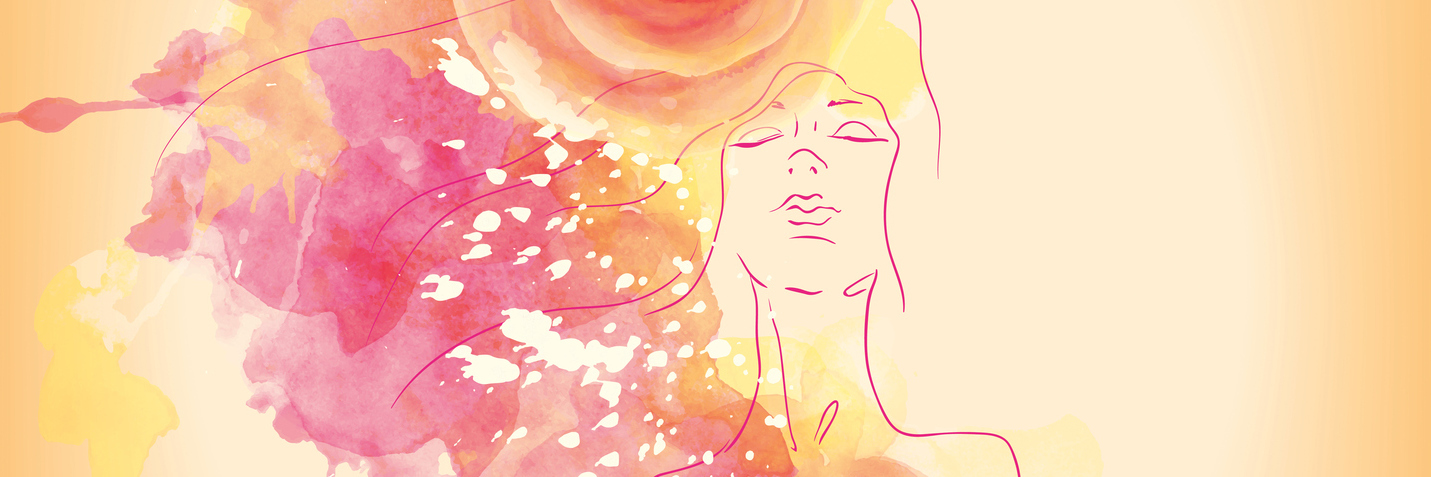Facial imperfections are common, and, in fact, likely universal, but, in a culture where symmetry means beauty, I feel like I stand out. Some people have slightly crooked smiles that make them look mischievous, but my smile is so crooked that my pediatrician once sent me to the hospital because she thought I was having a stroke. I wasn’t, to everyone’s relief, but the reason for my lopsided smile and my constantly crooked glasses didn’t become clear until just before I graduated college, when I went to the emergency room for pain and clawing in my fingers.
Doctors assumed a pinched nerve in my neck. The MRI they ordered found nothing wrong there, but it did find something so concerning in my skull that they admitted me to the hospital’s neurological wing and ordered a battery of tests.
A neurologist stopped by my room the next day to give me a diagnosis of fibrous dysplasia, telling me it had caused something called an exuberant calcification in my skull. I thought that this was funny – it seemed to mean that the benign bone growth pressing on some of my nerves was happy to see me. However, in a way, I was happy to see it, too.
It’s not as if I liked knowing that my bones had decided to grow out of control. But it was almost comforting to know why my face had become progressively more crooked over the years. There was no one I could blame for my facial asymmetry, as fibrous dysplasia is non-hereditary. I had a random genetic mutation that caused my face to tilt like the Leaning Tower of Pisa, and my related shame, with each breath, turned to acceptance.
My face has slowly become more and more crooked since I was 5 years old, and it took me 18 years from then, until my diagnosis with fibrous dysplasia, for me to accept my facial asymmetry. I no longer feared sunglasses that didn’t fit my face or selfies that featured my eyes on a diagonal from each other. On days when pain from the bone growth seems unbearable, sometimes it’s the fact that I’ve embraced my crooked face that carries me through. I don’t love my fibrous dysplasia, but it is a part of me, and I’ve created a full life for myself despite the chronic pain it causes, and despite the fact that my smile will never be straight.
We want to hear your story. Become a Mighty contributor here.
Thinkstock photo via Natalia-flurno.

